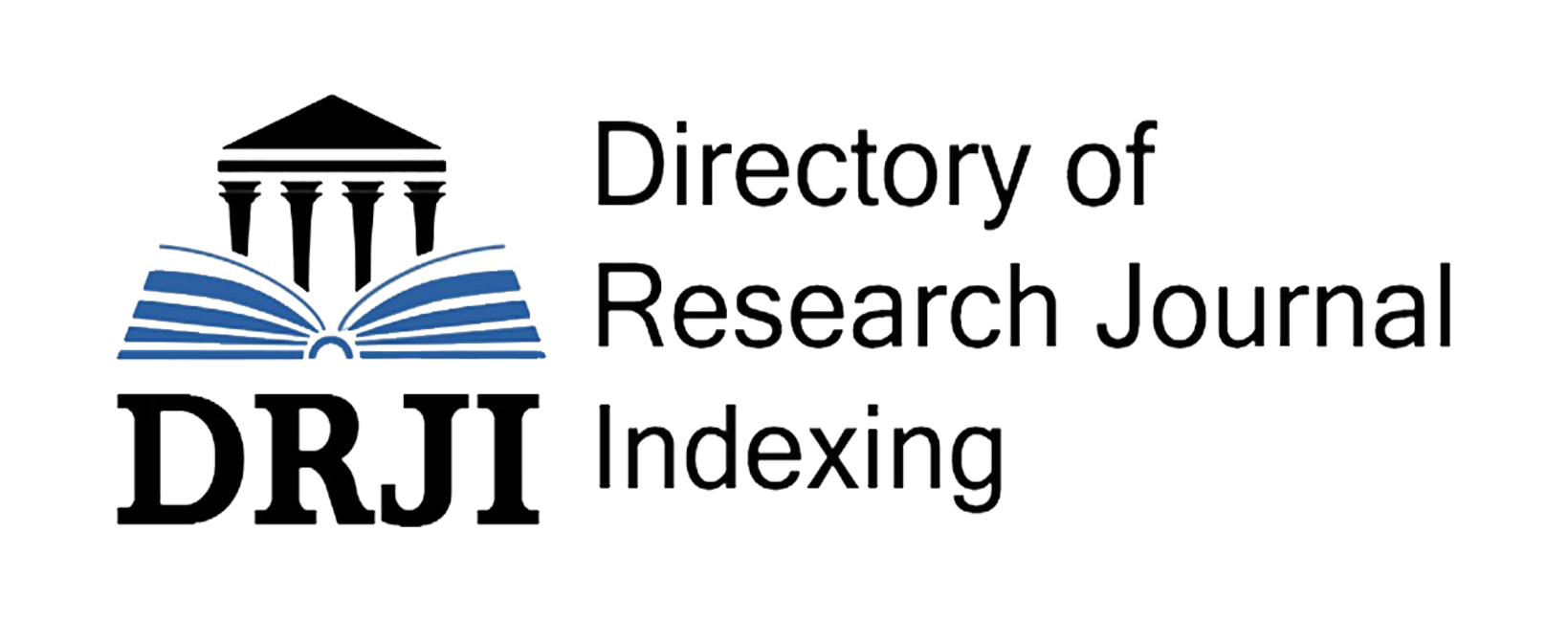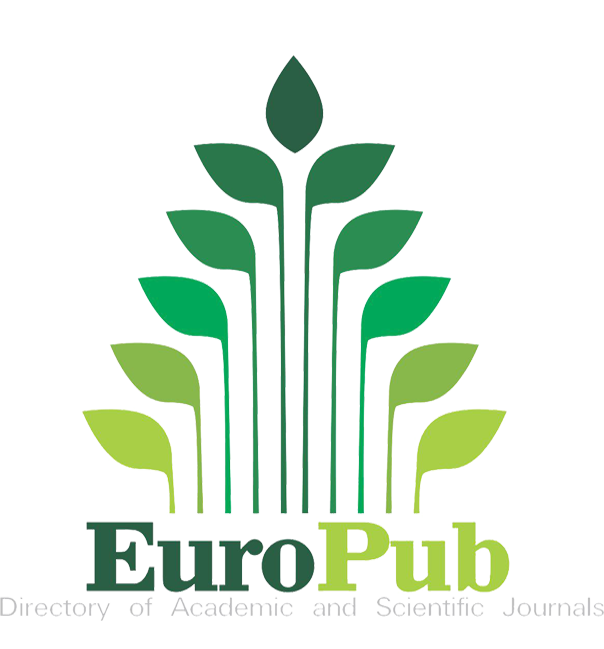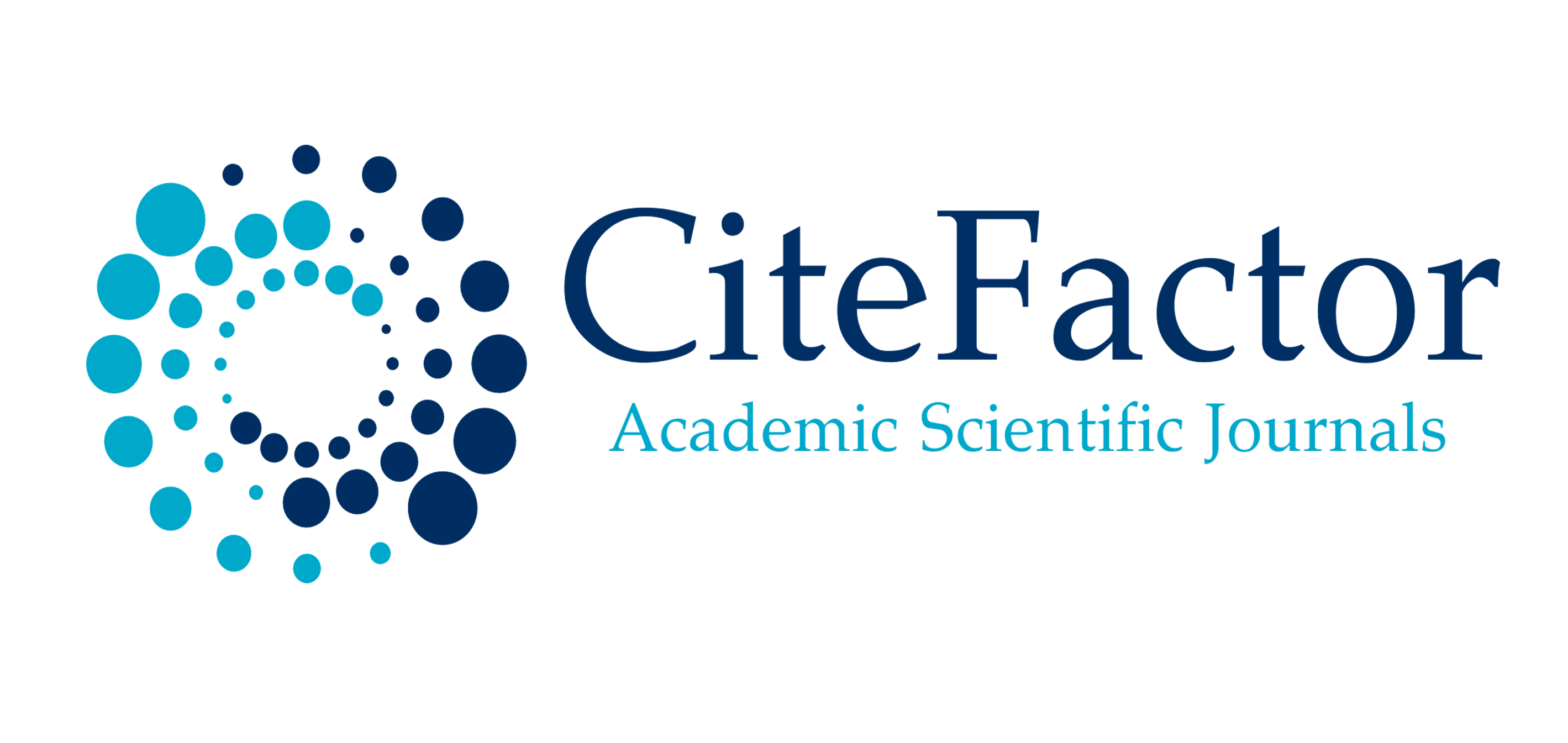TECHNOLOGY AND DEONTOLOGICAL FEATURES OF COMMUNICATION CULTURE DEVELOPMENT OF STUDENTS OF TECHNICAL HIGHER EDUCATION INSTITUTIONS
Keywords:
technology, communication culture, deontological features, higher education, ethicsAbstract
This article explores the relationship between technology and deontological features of communication culture development of students in technical higher education institutions. It aims to identify the challenges and opportunities that technology presents for fostering ethical communication practices in the academic context. Drawing on relevant literature, the article argues that while technology can enhance communication efficacy and accessibility, it also poses risks to privacy, confidentiality, and honesty. Therefore, it is imperative to develop a communication culture that promotes ethical conduct, critical thinking, and responsible use of technology. The article ends with recommendations for educators and policy-makers to integrate deontological features into the communication curriculum and create a supportive environment for students' ethical growth.
References
Lee, E. J. (2018). Deontological features of social media and networking interactions: A proposal for ethical communication practices. Journal of Business Ethics, 150(4), 985-996.
Langer, R., & Beckman, S. (2017). The roles of trust and technology in building ethical standards of online communication. Ethics and Information Technology, 19(2), 109-119.
Gasin-Schwartz, E., Greene, J., & Banister, S. (2017). Mixed methods in social research. London: Sage Publications.
Hayes, N., & Devan-Song, A. (2019). The importance of communication in learning technology enhanced educational settings. Journal of Digital Learning and Teaching Victoria, 5(2), 1-13.
McLuhan, M. (2018). Understanding media: The extensions of man. Routledge.
Smith, S. D. (2020). Using Technology to Enhance Academic Success. Journal of Higher Education Management, 35(1), 68-79.
Willy, M. (2017). Ethical issues in technology integration in schools. Journal of Information Technology Education Research, 16(1), 19-41.
Paliwoda-Matiolanska, A., & Slusarczyk, A. (2018). Communication culture development of students at technical higher education institutions. Technology in Society, 55, 220-226.
Prensky, M. (2001). Digital natives, digital immigrants part 1. On the horizon, 9(5), 1-6.
Warschauer, M. (2003). Technology and social inclusion: Rethinking the digital divide. MIT press.
Woo, Y. H., Lee, C. Y., & Li, Y. (2014). The effects of social media on college students. Journal of Educational Technology Development and Exchange (JETDE), 7(1), 1-14.
Yusuf, M. O. (2005). Information and communication technology and education: Analysing the Nigerian national policy for information technology. International Education Journal, 6(3), 316-321.









